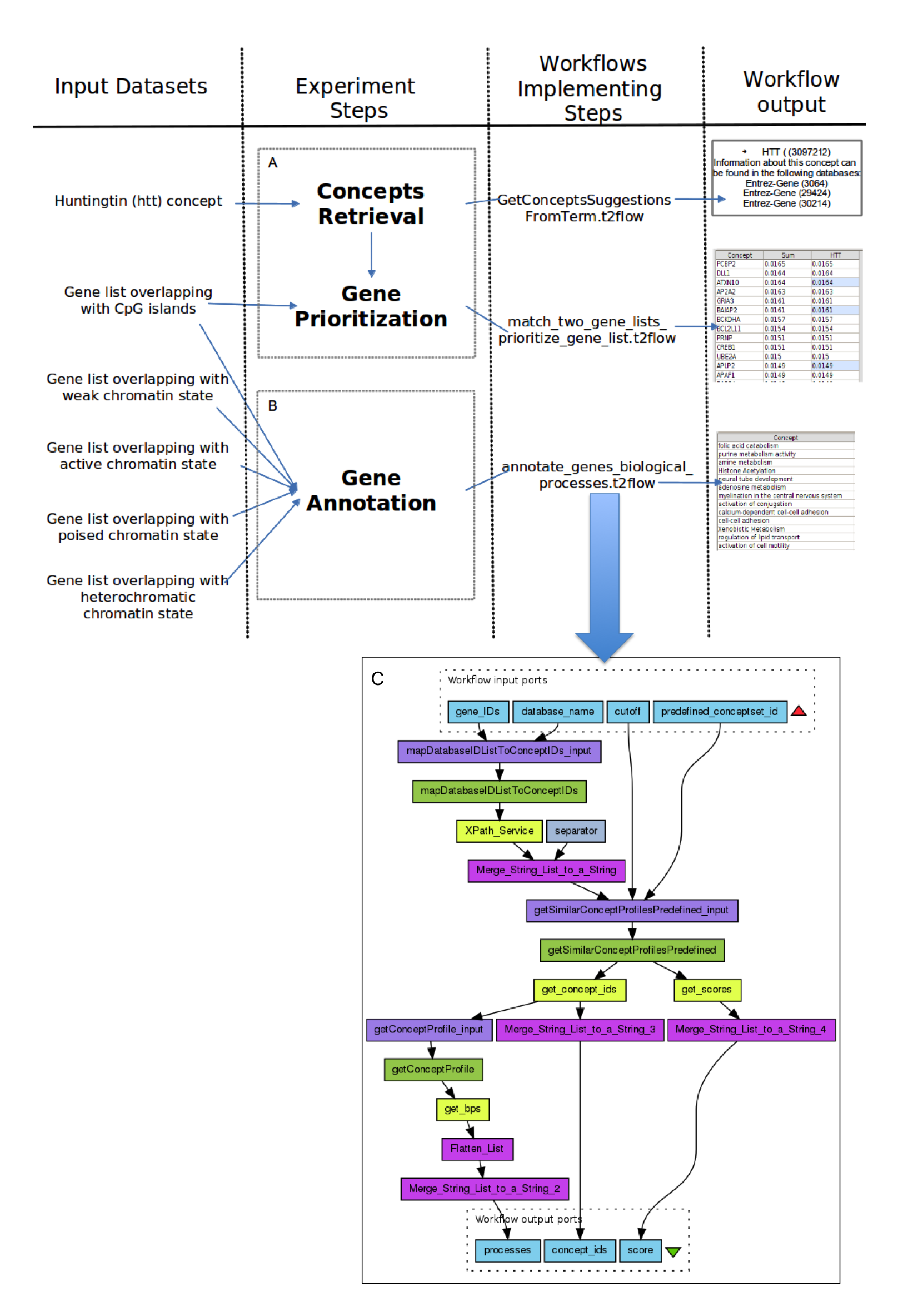16 Matching Annotations
- May 2023
- Jul 2022
-
en.wikipedia.org en.wikipedia.org
-
Romans has been at the forefront of several major movements in Protestantism. Martin Luther's lectures on Romans in 1515–1516 probably coincided[67] with the development of his criticism of Roman Catholicism which led to the 95 Theses of 1517. In the preface to his German translation of Romans, Luther described Paul's letter to the Romans as "the most important piece in the New Testament. It is purest Gospel. It is well worth a Christian's while not only to memorize it word for word but also to occupy himself with it daily, as though it were the daily bread of the soul".[68] In 1738, while hearing Luther's Preface to the Epistle to the Romans read at St. Botolph Church on Aldersgate Street in London, John Wesley famously felt his heart "strangely warmed", a conversion experience which is often seen[citation needed] as the beginning of Methodism.
Heart piece of early Protestantism. Connection to Methodism.
-
The occasion of writing the epistle: [...] Paul had made acquaintance with all circumstances of the Christians at Rome [...] and finding that it was [...] partly of heathens converted to Christianity, and partly of Jews, who had, with many remaining prejudices, believed in Jesus as the true Messiah, and that many contentions arose from the claims of the Gentiles to equal privileges with the Jews, and from absolute refusal of the Jews to admit these claims, unless the Gentile converts become circumcised; he wrote this epistle to adjust and settle these differences.
The most probable complex situation in the church of Rome..
-
Biblical scholars agree that it was composed by Paul the Apostle
At least this is clear!
 Sixth Century Egypt, Ro 1-6.
Sixth Century Egypt, Ro 1-6.
But there are still many open questions..
Tags
Annotators
URL
-
- May 2022
-
www.researchobject.org www.researchobject.org
Tags
Annotators
URL
-
-
reliance.rohub.org reliance.rohub.orgROHub1
Tags
Annotators
URL
-
-
www.researchobject.org www.researchobject.org
Tags
Annotators
URL
-
-
zenodo.org zenodo.org
Tags
Annotators
URL
-
-
vocab.linkeddata.es vocab.linkeddata.es
-
The paper describes four ontologies for representing workflows in Research Objects, and includes examples and motivation scenarios.
The ontologies developed make use of and extend existing well known ontologies, namely the Object Reuse and Exchange (ORE) vocabulary, the Annotation Ontology (AO) and the W3C PROV ontology (PROVO). We illustrate how the ontologies can be utilized using a real-world scenario, in which scientists created a Workflow Research Object for an investigation on the Huntington's disease. We also present the tools we developed for managing Workflow Research Objects.

-
- May 2021
-
sanjaykumarro.com sanjaykumarro.com
-
RO Customer Care Number For in all Over India
-
Ro
-
water purifier
-
-
sanjaykumarro.com sanjaykumarro.com
-
Aqua grand plus 10 litre water purifier-ro+uv+tds
Tags
Annotators
URL
-